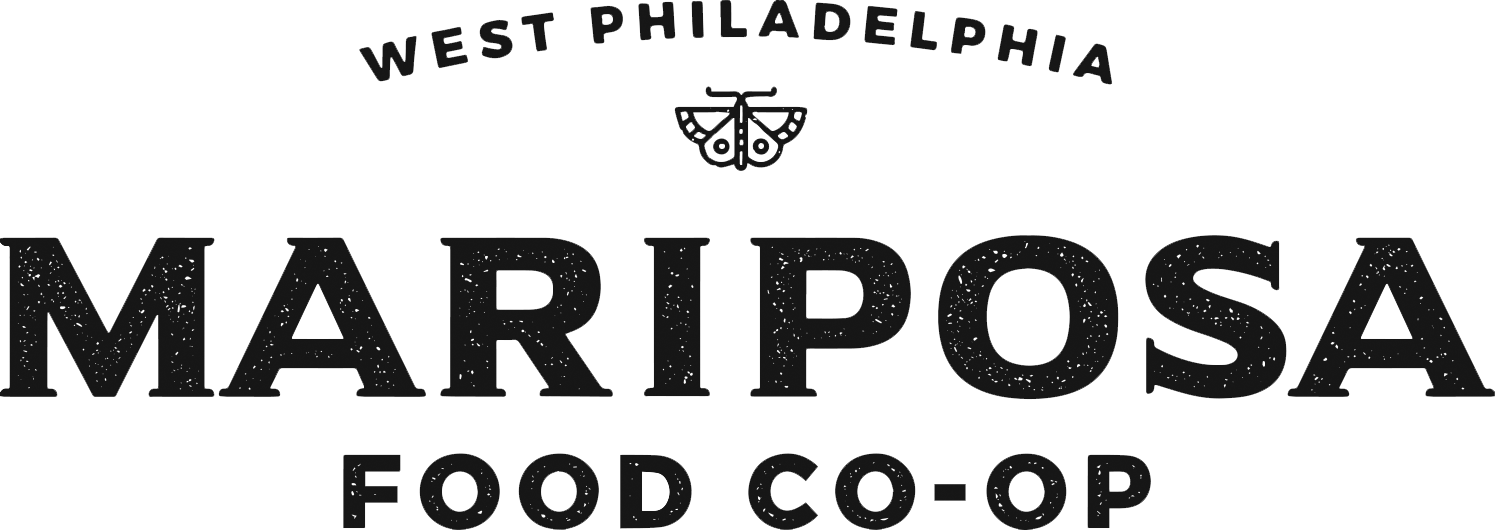Co-ops around the world share a set of guiding principles, including “cooperation among cooperatives,” and “concern for community.” When you purchase delicious, healthy food at a locally-owned food co-op, you’re supporting a business that cares about people and contributes to a livable, sustainable community. And when you choose products from co-op farmers and companies, that impact grows and grows!
In October, nearly 150 food co-ops around the country are coming together to celebrate the many stories of how companies, suppliers, manufacturers and farmers are using the principles of cooperation to grow strong, healthy communities around the world. The October 5-18 promotion highlights companies that work with cooperative suppliers and manufacturers or are cooperatives themselves. Co-ops offer a way to transform how business is typically done; co-ops give you the opportunity to get the products and services you want and need on a daily basis while strengthening the community around you.
Here are just a few examples of how co-ops grow communities
Alaffia
Body care company Alaffia works with Togolese women’s cooperatives that celebrate their members’ unique skills, traditions and knowledge. The workers receive fair wages and are able to support their families, while maintaining traditions and managing a sustainable resource: shea butter. Fair for Life: Social & Fair Trade Certification confirms Alaffia meets standards concerning fair working conditions, environmental performance and community relations. Alaffia’s success is not simply measured by profit, but rather empowerment. Their goal is to alleviate poverty and encourage gender equality, through empowerment projects focusing on education, improving health and reforestation.
Divine Chocolate
Kuapa Kokoo, the cooperative of family farmers that owns Divine Chocolate, has prioritized equal participation and access for women since its founding in 1993. Women have been learning a range of income-generating skills and are encouraged to take positions of responsibility throughout the organization. Trainings prioritize facilitating the advancement of women as recorders (elected buying clerks) for opportunities to earn additional income, ensuring that women’s groups are rolled out across all 58 cocoa farming districts and increasing literacy and numeracy training for women to enable them to earn income through selling vegetables, clothing or baked goods.
Equal Exchange
Fair Trade, worker-owned cooperative Equal Exchange, based on Cambridge, MA, partners with CESMACH co-op, which borders a UN-protected biosphere reserve in Mexico. Through thoughtful organic coffee farming, they strive to sustain rural communities while protecting incredible ecosystems. Their Sustainable Coffee Project is planting new coffee, citrus and other fruit-bearing trees. Their Women's Project teaches leadership development and cooperative management to women in the community, who are also working with organic gardens and domestic animals to diversify incomes and their families' nutrition.
During this promotion, NCG cooperatives and their partners are aiming to raise $80,000 for the La Riojana Co-op, an Argentinian producer of wine and olive oil. Through the cooperative business model, La Riojana has been able to significantly improve the well-being of their member communities. With the funds raised, La Riojana Co-op can obtain organic certification for almost two villages, which means 80-95 growers.
Reprinted by permission from StrongerTogether.coop. Find articles about your food and where it comes from, recipes and a whole lot more at www.strongertogether.coop.



